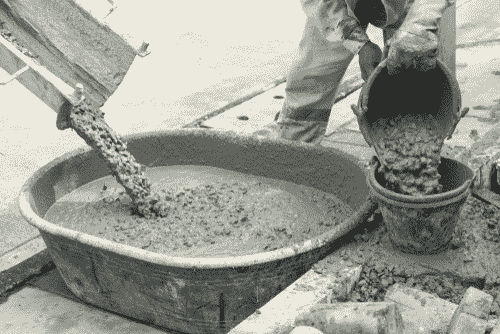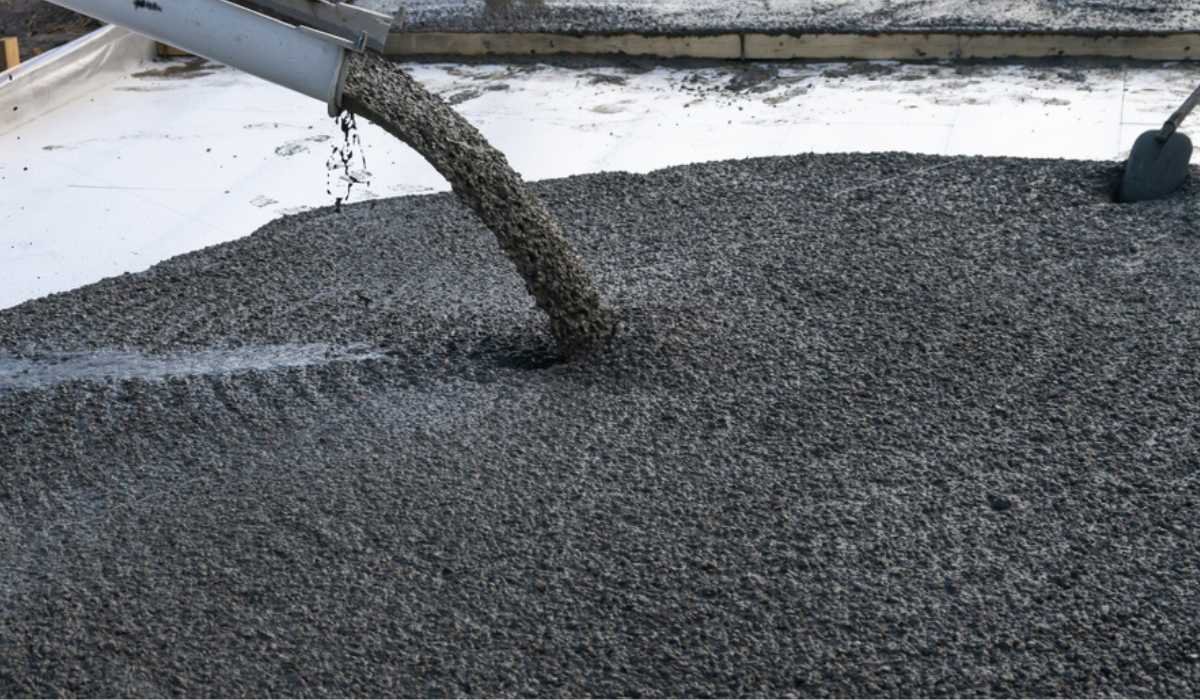Comprehensive Guide to Concrete: From Installation to Finishing Touches
Comprehensive Guide to Concrete: From Installation to Finishing Touches
Blog Article
Unveiling the Eco-Friendly Advantages of Using Recycled Concrete in Lasting Building Practices
In the world of lasting building and construction practices, the use of recycled concrete stands as a pivotal yet usually underestimated resource. Past its standard applications, recycled concrete deals a myriad of eco-friendly advantages that extend much past the confines of typical building and construction products. From minimizing environmental effect to boosting cost-efficiency, the effects of integrating recycled concrete in lasting building methods are considerable. This flexible product not just addresses pushing ecological problems yet also presents a practical service to the challenges faced by the building market at huge.
Ecological Advantages
By including recycled concrete right into building and construction practices, there is a substantial decrease in the requirement for brand-new raw products, leading to preservation of natural resources. Additionally, the use of recycled concrete decreases the amount of waste being sent to land fills, therefore reducing ecological air pollution and alleviating the strain on garbage dump abilities (Concrete).

Furthermore, the manufacturing of conventional concrete is a significant resource of carbon discharges as a result of the energy-intensive procedure of cement manufacturing. On the other hand, recycled concrete has a lower carbon impact as it reduces the demand for brand-new concrete production. This reduction in carbon exhausts adds to mitigating climate modification and sustains lasting building and construction practices. On the whole, the environmental benefits of making use of recycled concrete are considerable and play a crucial role in advertising green construction methods.
Cost-Efficiency
Accomplishing cost-efficiency is a critical factor to consider when assessing the use of recycled concrete in building and construction jobs. One of the essential benefits of utilizing recycled concrete is its cost-effectiveness contrasted to standard concrete.
Furthermore, the usage of recycled concrete can cause financial savings in landfill expenses by drawing away concrete waste from disposal sites. This not only minimizes the environmental effect yet also gets rid of the prices related to waste removal. The durability and performance of recycled concrete are comparable to standard concrete, making sure that price financial savings do not compromise the top quality of the building.
Longevity and Stamina
Considering the significant cost-efficiency advantages of using recycled concrete, it is crucial to image source analyze its resilience and strength in building applications. Recycled concrete offers similar, otherwise superior, toughness and stamina residential properties to standard concrete. Via improvements in handling techniques and quality assurance, recycled concrete can meet or exceed the performance standards of standard concrete. The process of reusing concrete includes squashing, sorting, and evaluating old concrete to generate aggregates that can be made use of in new building and construction projects. These recycled accumulations are qualified of supplying satisfactory compressive stamina, resilience, and lasting performance.

Waste Decrease
When it comes to utilizing recycled concrete, waste reduction is an essential benefit that adds significantly to environmental Look At This conservation. By incorporating recycled concrete into building and construction projects, this waste is repurposed and drawn away from landfills, decreasing the general environmental effect of building and construction tasks.
Additionally, the use of recycled concrete can lead to cost savings for building tasks, as it is frequently extra budget friendly than sourcing and transferring new products - Concrete. In final thought, waste reduction via the use of recycled concrete is a vital component of lasting building and construction practices that profits both the building and construction and the environment market as a whole.
Energy Conservation
Power preservation is a vital element of sustainable building and construction methods, aiming to decrease the total power intake connected with building operations and products manufacturing. When it involves using recycled concrete in building, significant power cost savings are accomplished compared to typical concrete production. The procedure of creating recycled concrete involves crushing and recycling existing concrete products, which consumes much less power than mining, processing, and delivering basic materials for brand-new concrete production. Additionally, using recycled concrete can assist reduce the need for virgin aggregate, more minimizing the energy-intensive extraction and processing of natural deposits.
Verdict
In verdict, the usage of recycled concrete in lasting construction methods offers countless environmental advantages, cost-efficiency, sturdiness, stamina, waste decrease, and power conservation. By integrating recycled concrete right into construction projects, we can add to a much more lasting and environmentally friendly future. It is vital for the construction sector to focus on the use of recycled products to aid decrease the ecological effect of construction tasks.
One of the key benefits of making use of recycled concrete is its cost-effectiveness compared to standard concrete.Furthermore, the use of recycled concrete can lead to financial savings in landfill costs by diverting concrete waste from disposal websites. The toughness and performance of recycled concrete are similar to conventional concrete, making sure that cost financial savings do not compromise the quality of the building.

Report this page